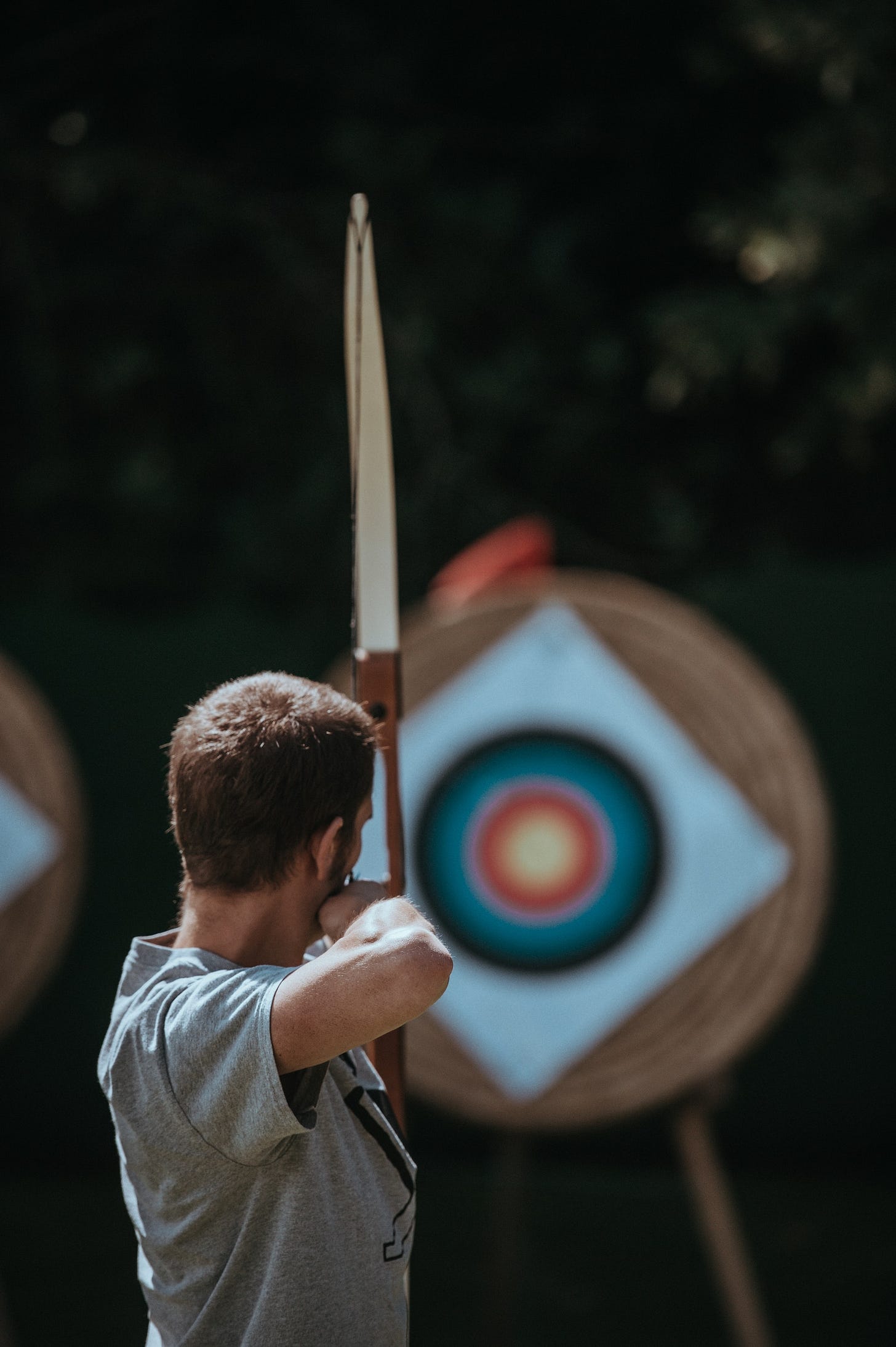Revisiting the coach's role in creating a deliberate practice environment
Some thoughts on creating training environments that encourage deliberate practice
Before I started this Substack in 2021 I used to write articles for my company website. At the time I was especially intrigued by the research of Benjamin Bloom, Anders Ericsson, and a few others who investigated where talent actually came from. Although Bloom’s research took place mostly in the 1980s, the idea of talent and where it comes from did not find traction amongst the general public until the 2000s when several popular books on the subject became bestsellers.
This article was originally published in 2015. It appears here with several slight revisions regarding what Bloom termed deliberate practice. Others have referred to this as deep practice. Both terms describe a key quality needed for talent development.

We all know that practice is one of the key elements of talent development. The notion that 'practice makes perfect' has been around a while but Benjamin Bloom's 1985 study called the Development of Talent highlighted something that he called deliberate practice — a way of learning and training that is fundamentally different from what we typically think of as practicing. It involves four components:
Motivation - The athlete must want to improve. This takes effort that involves both physical and mental energy.
Understanding - The athlete must understand why he is practicing and how the skills he possesses and the new skills he is practicing are integrated both with each other and into the context of the sport.
Master coaching - Feedback from a master coach is important in the deliberate practice loop. Without information about the quality or accuracy of practice the athlete will not be practicing skills correctly.
Repetition - Developing excellence takes time and whether it is the 10,000 hours of deliberate practice discussed in popular media or something different, correct repetition of skills is part of deliberate practice. For many sport skills automaticity of performance is important and this can only be achieved through many practice repetitions.
The coach's role
The coach plays a key but indirect role in helping athletes engage in deliberate practice. Aside from providing appropriate feedback, coaches also shape the training environment, which can help the athlete develop what Daniel Coyle calls the ignition of passion in his bestseller, The Talent Code.
Coyle writes about skateboarders who form an unlikely group guided by an almost Obiwan Kenobi character, tennis players who excel in the most unlikely of circumstances, and underprivileged footballers in Brazil who have no proper training facility but yet who achieve a level of expertise no one would expect.
Ignition has somehow taken place in these examples or else none of the athletes in Coyle's book would have been interested in deliberate practice. This is the key point of talent development: It needs an environment capable of igniting passion and encouraging deliberate practice.
Though inspiring, the examples Coyle provides have little applicability to organized sport. Igniting passion, especially youth programs, takes some thought and planning.
Deliberate practice, the second of Coyle's three stages, cannot or will not take place unless a passion for the activity has first been ignited.
At the youth level most youngsters begin their sport participation in some sort of organized team or league. They join for various reasons; they like the activity, they want to play with their friends, parents sign them up. It's not a certainty but it is probably safe to say that most children do not register for youth sport programs because they are passionate about the sport, that comes later and the responsibility for helping to develop this passion falls to the coach.
Young athletes don’t know or even care about the elements of deliberate practice. At the early stages of their youth sport participation the joy and enthusiasm that may spark the eventual ignition of passion for an activity has to be engineered by the coach. Creating a genuinely fun atmosphere, devising challenges that keep youngsters attention on skills and strategies, and exhibiting a real interest in each youngster both as a person and athlete will keep kids coming back to practice often. This is the environment that ignition, if it is to occur at all, will most likely spring from in organized youth sport.
Deliberate practice needs to be an ongoing endeavor and unless the young athlete has a passion for the sport the quality of the practice they engage in will not be sufficient to be called deliberate. Also, since most practice sessions at the youth sport stage are coach-directed the coach needs to do all he can to create practice routines that challenge youngsters both mentally and physically while always aware that the activities have to be fun. The coach can't force this to happen but he can help to create the environment where it becomes possible.



